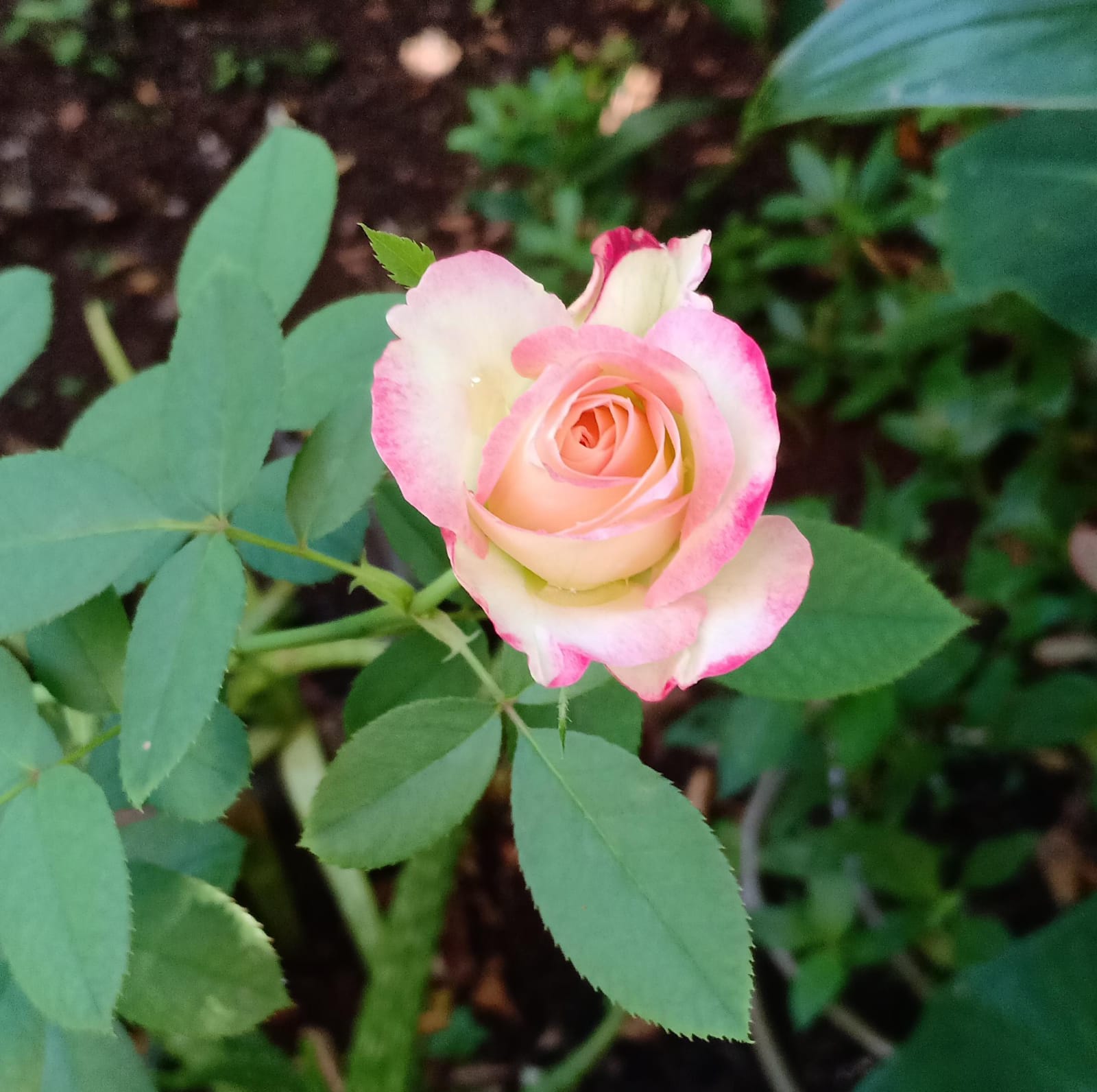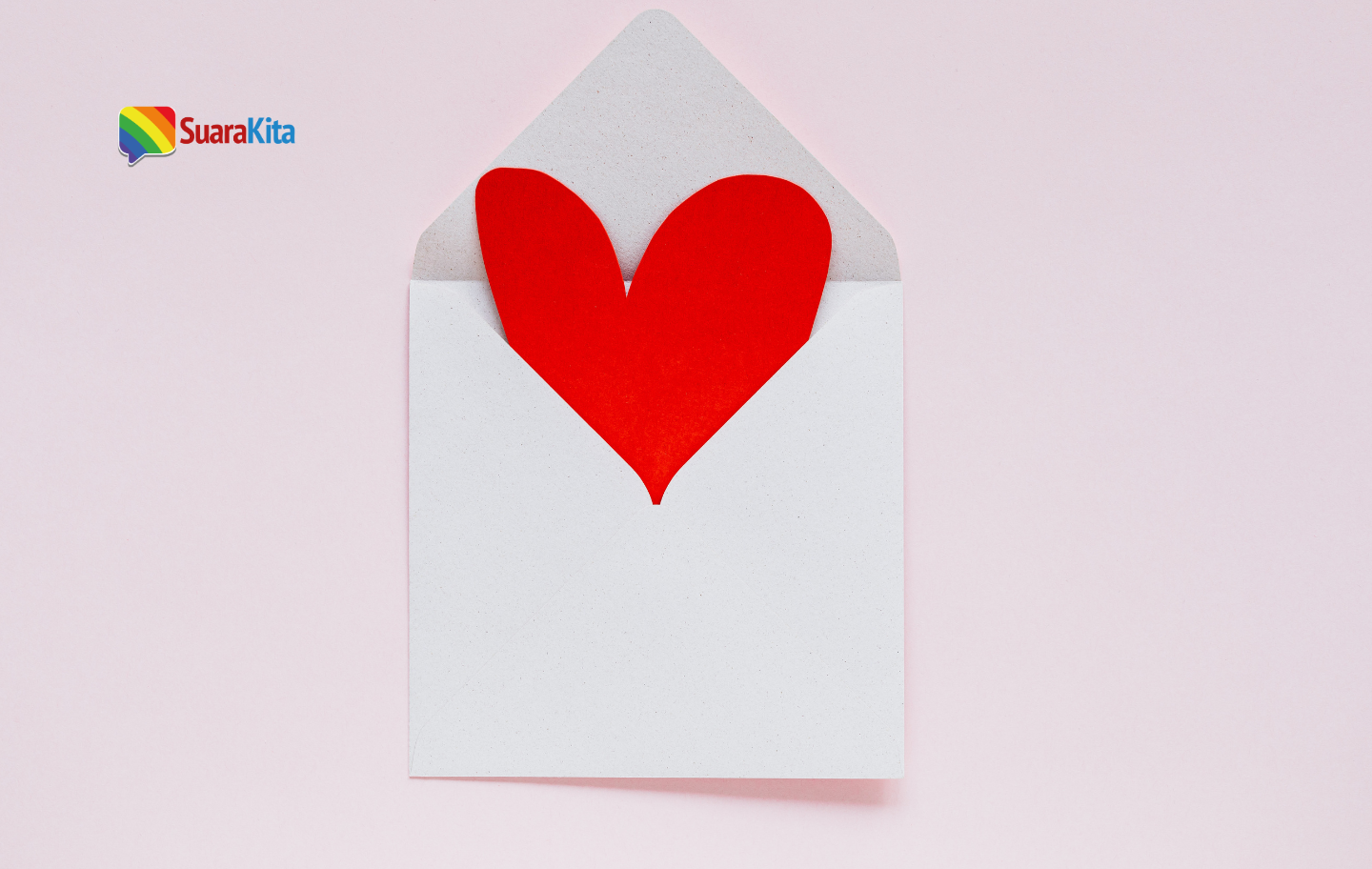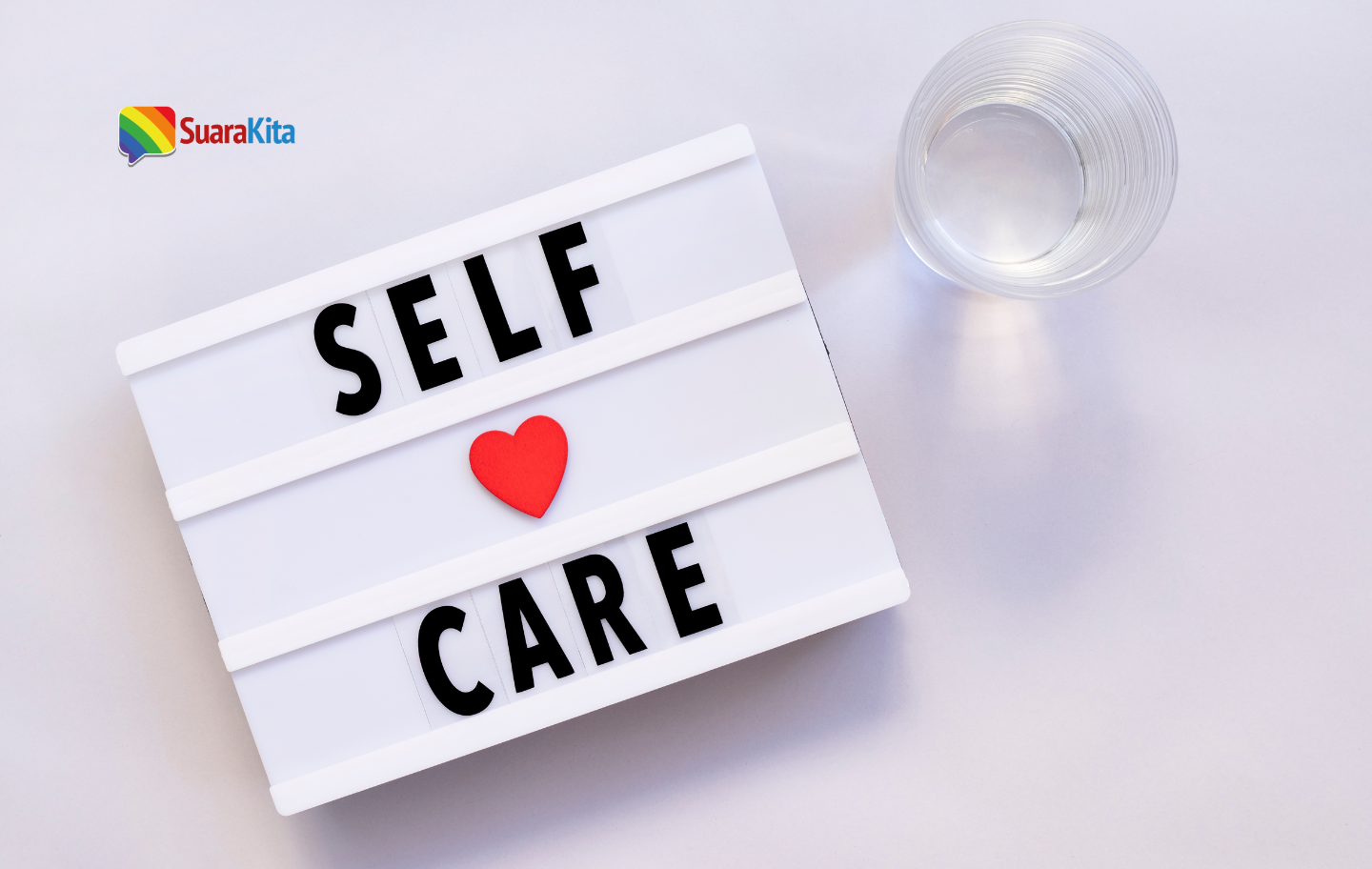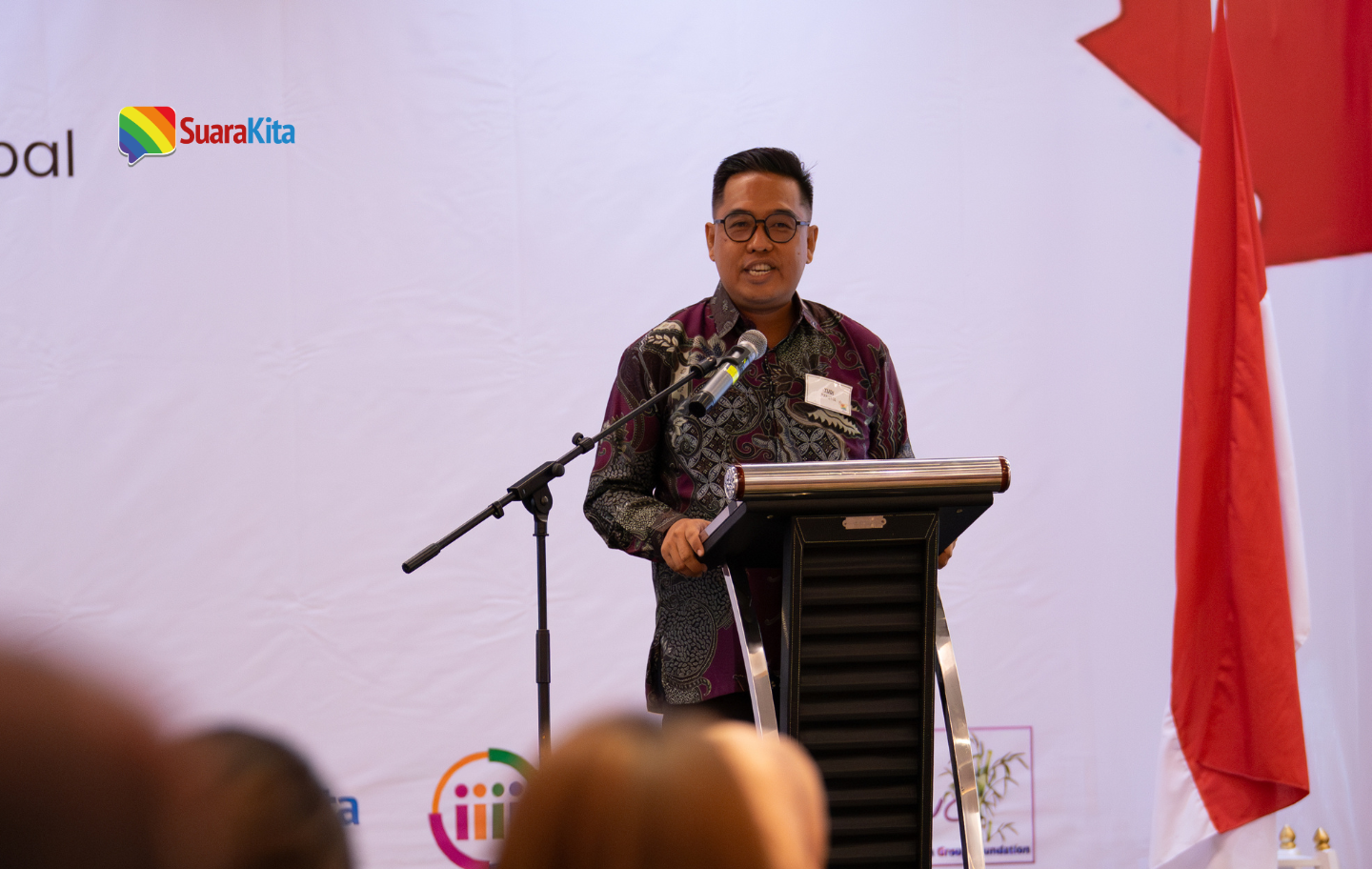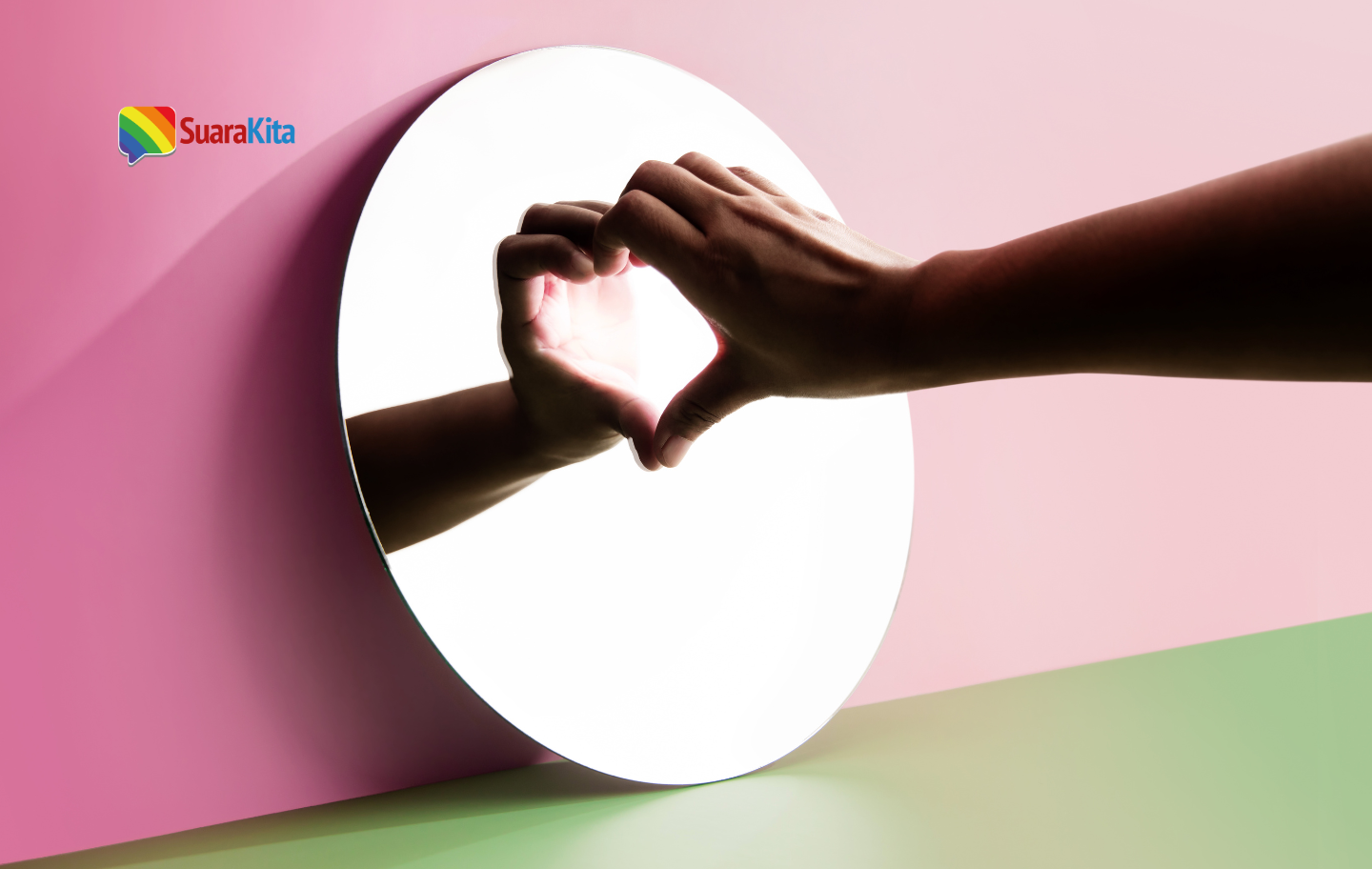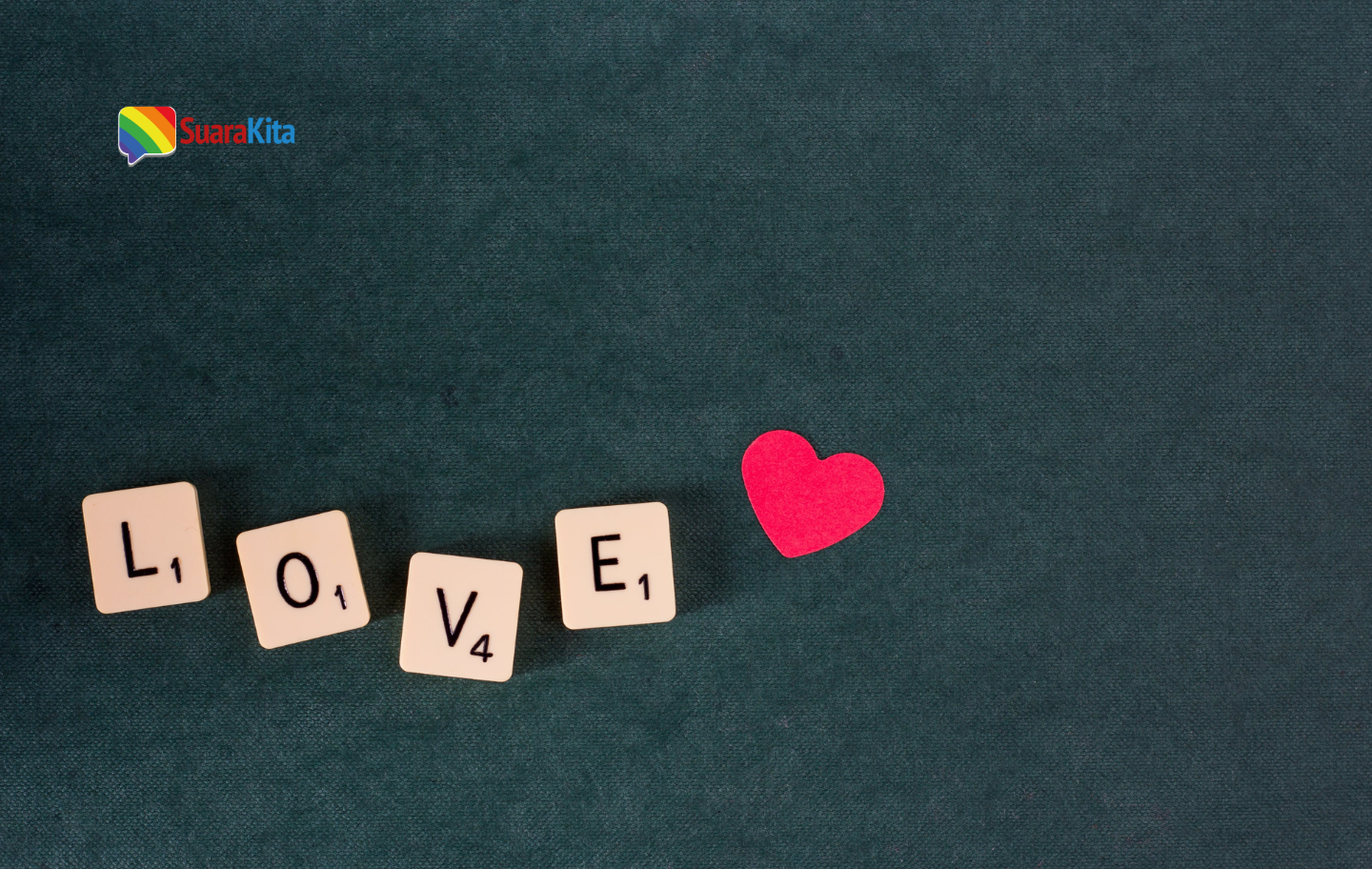Oleh: Lena Tama*
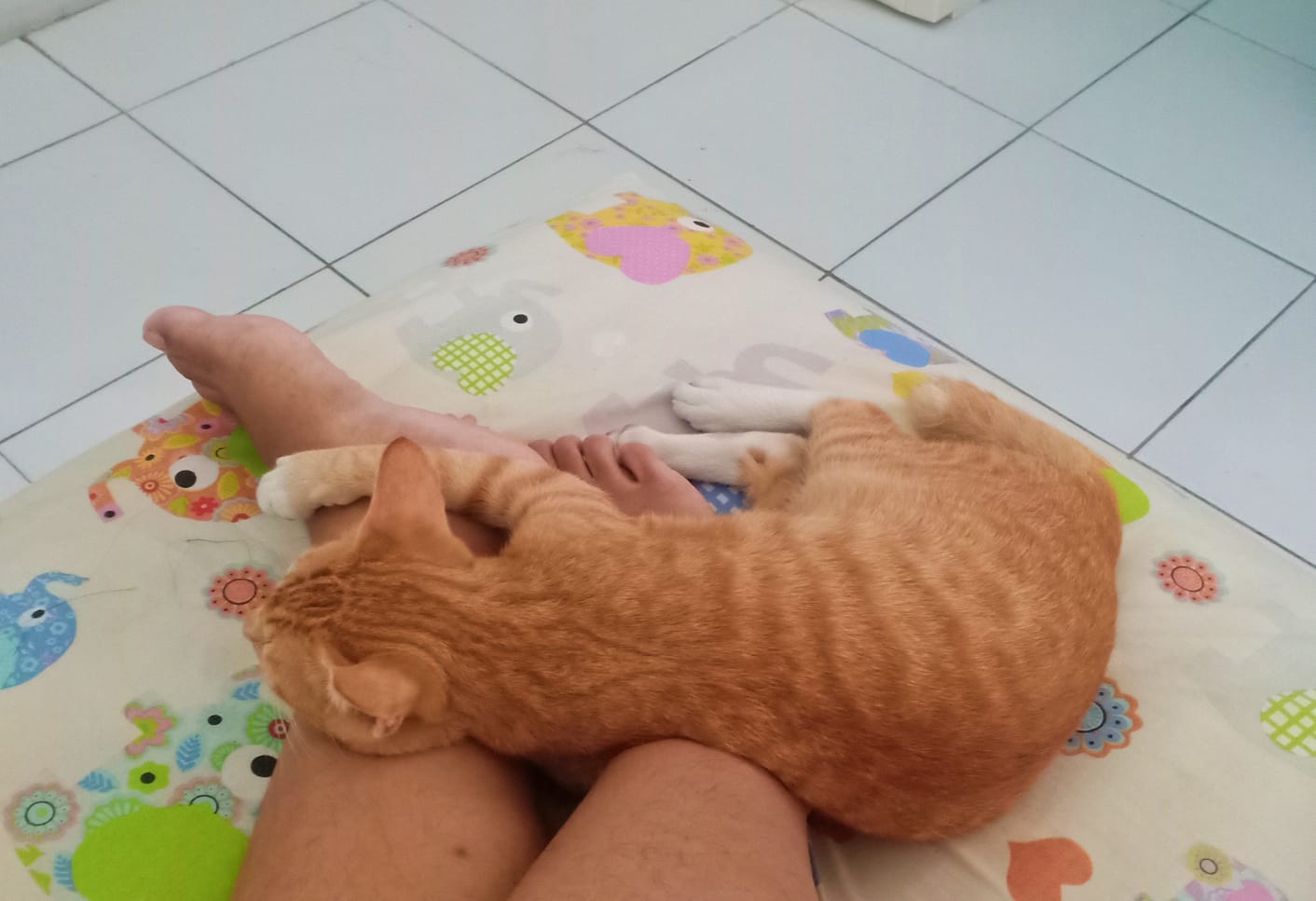
[toggle title=”English Version”] [Interview] Childfree: A Life Choice for Us and Earth
By: Lena Tama
SuaraKita.org – Childfree is a matter of choice, one that remains a polemic in heavily heteronormative and patriarchal countries like Indonesia, particularly for cisgender females who frequently become targets of discrimination. In spite of that, the number of people who choose to become childfree don’t seem to decrease.
On this occasion, Suara Kita (Our Voices) reporter had an interview with one of them: Pudji Tursana, a queer woman who not only tells the story of how she eventually came to the conclusion of being childfree but also what this life choice means for her happiness and Earth.
Suara Kita (SK): How do you identify your gender and sexual orientation?
Pudji Tursana (PT): I’m a cisgender and pansexual woman, I don’t think about gender when it comes to sexual orientation.
SK: Do you have a partner right now? If so, are they also childfree?
PT: I do, his name is Agus. Throughout 18 years of our relationship, we never talked about wanting a child. That might explain why we click so well.
SK: Can you tell us about your life journey which leads to the conclusion that you choose to become childfree?
PT: To me, there was nothing like a “Eureka!” moment which led me to this life choice. It just came to mind as life goes on and I bear witness to the reality of this world. To me, this world isn’t fit for a new human life; the economy is getting harder and our natural resources are growing thin as we and the people before us consume them. That, along with my lack of desire to have a kid, led me to become childfree.
SK: But what about the kids themselves, how does mbak Pudji feel about them? Do you like, dislike, or feel neutral to them?
PT: I do like kids and know how to treat them, but T&C applied hahahaha Rather than seeing them as kids, I see them as friends instead. I like playing with them but not for long, I think it’d last for 45 minutes to one hour until I feel enough and prefer to leave them alone. My little sister knows it so well because she frequently asks me to take care of her kids for a while but not longer than one hour.
SK: Oh, your sister knows. Does that mean your family also knows you’re childfree? Do they ever discriminate against you for this?
PT: At this point, everyone in my family knows I’m childfree. Only my parents who sometimes ask why I’m childfree, but they’re pretty okay with me overall. But when it comes to our relatives, especially the religious ones, woohoo they get very annoying and discriminatory pretty quick. It’s even worse since our big family gathers at least once a year during long holiday seasons like lebaran.
SK: Would that be an annoying thing to take care of for you?
PT: Well, it is hahahaha That’s why I’ve already prepared a kind of cheat-sheet; a template of answers to respond to them. Further than that, I tend to leave the conversation if they continue to remain discriminative.
SK: That’s understandable, considering our country Indonesia still considers childfree as a huge issue. I’d like to hear what it means to be childfree for you, as a cisgender and queer woman here!
PT: To be honest, I still don’t understand why being childfree is still a big deal, it’s just a matter of personal life choice after all. There have been plenty of childfree people in the past and the society didn’t see them as a threat, but we’re getting a lot of resistance from the religious society so much.
More often than not, their main argument is that it is our “nature” as a female to give birth, but it’s never our nature to do so and it’s more of a role that they enforce on us. To me, our “nature” is simply us the way we are physically and emotionally, whereas this “nature” of forcing every woman in this world to give birth is not that at all.
Our perception of “nature” continues to evolve as science and our world do so as well, which is why people should begin to accept new things as well as the fact that their perceived “nature” is not what they used to know. I’m aware that Indonesia is a developing country whose society isn’t ready for that yet, but more and more people have begun to open up about childfree, meaning there’s still hope after all.
SK: However, the media in our country and overseas still prefer to romanticize heteronormative and the urge to have kids. Take Japan’s recently viral McDonalds ads for example, the audiences assume McD’s is implying a message to encourage people to have children. What do you think of this phenomenon?
PT: It’s hard to say, to me it depends on the context of where these media come from. This ads is from Japan, a country who’s currently undergoing birth rate issues, meaning this ads can be seen as a political agenda to encourage birth rate.
SK: That might be the case. However, the fact is there are a lot of childfree people in Japan due to gender inequality and the ever-increasingly difficult economic situation for themselves, let alone with children. The way the media and overseas people romanticize how easy it is to get married and have children in Japan is also insulting to me because it undermines women’s human rights there.
PT: Is that really the case? Then, we have a lot in common with Japanese people than our own country folks hahahaha It seems a lot of Japanese people are very open to the concept of childfree, unlike Indonesian people who frequently condition the women to become obedient due to the pressures from our heteronormative and patriarchal society. In fact, it’s not uncommon to find our media frequently romanticizing the idea of marriage and having children as a part of “devotion” to the religion, hence the majority of people here consider giving birth to a child to be compulsory for women.
SK: Lastly, what is your hope as a childfree for our friends and society?
PT: I hope that whoever chooses to become childfree will be happy with their choice. Let society judge and even discriminate against us; they don’t know our life better than ourselves. If we feel compelled to respond to them, we should answer them with kindness instead of negative emotions. Beyond that, if those people persist, it’s better for us to leave them alone.
Choosing to be childfree or have children is an argument akin to mixing the porridge or not; whatever choice we make, it’s our happiness that matters the most. However, we must also consider the consequences of the choices we make. Considering this country hasn’t accepted the idea of childfree yet, we must be prepared for the risks that ensue so that our mind isn’t constantly mired in conflicts.
Last but not least, us childfree people should also not discriminate against people who choose to have children. Let them choose to bear children because that might be the life choice that can bring happiness in their life. If we discriminate, then we’d be no different to those religious people who frequently discriminate against us.[/toggle]
SuaraKita.org – Childfree (tidak memiliki anak) adalah pilihan hidup yang masih menjadi sebuah polemik di negara-negara heteronormatif dan patriarkis seperti Indonesia, terutama bagi para perempuan cisgender yang mendapat kecaman dari masyarakat. Akan tetapi, hal tersebut tidak menghentikan jumlah orang-orang yang memilih untuk childfree.
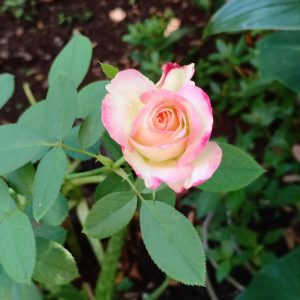
Pada kesempatan kali ini, pewarta Suara Kita mewawancarai sosok perempuan queer Pudji Tursana yang mengisahkan pengalaman hidup beliau sebagai seorang childfree serta makna dari pilihan hidup tersebut untuk kebahagiaan seorang diri dan Bumi ini.
Suara Kita (SK): Bagaimana mbak Pudji mengidentifikasi diri secara gender dan orientasi seksual?
Pudji Tursana (PT): Saya perempuan cisgender dan panseksual, tidak memandang gender dalam menjalin sebuah hubungan.
SK: Apakah mbak Pudji saat ini punya pasangan? Bila punya, apakah beliau juga childfree?
PT: Saya punya pasangan bernama Agus. Selama tinggal 18 tahun bersama mas Agus sampai saat ini kami tidak pernah bicara soal ingin punya anak, mungkin karena itu kami berdua cocok.
SK: Bagaimana perjalanan mbak Pudji sampai memilih untuk childfree?
PT: Bagi saya, tidak ada momen spesial yang tiba-tiba membuat saya memilih untuk childfree. Pilihan ini mengalir begitu saja seiring saya hidup, apalagi setelah melihat kenyataan dunia selama ini. Bagi saya, dunia ini tidak cocok untuk manusia baru; perekonomian semakin sulit dan sumber daya alam di Bumi dihabisi generasi kita dan sebelumnya. Karena itulah, ditambah tidak adanya hasrat untuk punya anak, saya memutuskan untuk childfree.

SK: Tapi kalau terhadap anak-anak itu sendiri, bagaimana perasaan mbak Pudji? Apakah suka dengan anak, tidak suka, atau netral saja?
PT: Saya sendiri suka anak dan paham cara memperlakukan mereka, tapi syarat dan ketentuan berlaku *hahaha* Daripada memandang mereka sebagai anak-anak, saya lebih memandang mereka sebagai teman. Saya suka main dengan mereka tapi tidak dalam waktu lama, jadi semisal lebih dari 45 menit atau satu jam saya cenderung membiarkan anak itu sendirian saja, seperti ketika adik perempuan saya menitipkan anaknya dengan saya dan adik paham kalau saya tidak bisa lama-lama menemani anaknya.
SK: Berarti, kerabat keluarga tahu ya kalau mbak Pudji itu childfree. Apa mereka pernah menekan mbak atas pilihan ini?
PT: Iya, keluarga rata-rata sudah tahu saya childfree. Orang tua saya paling cuma tanya kenapa saya childfree, tapi mereka cukup menerima saya. Yang lebih sering bertanya sampai nyinyir ke saya justru kerabat yang agamis sekali, apalagi kalau lagi kumpul keluarga besar tiap libur panjang seperti lebaran, hahaha.
SK: Repot kalau harus begitu terus ya, Mbak?
PT: Iya, makanya saya sudah menyiapkan template jawaban-jawaban, hahaha. Tiap kali orang-orang seperti mereka bertanya. Lebih dari itu, kalau mereka masih nyinyir, saya cenderung cuek saja.
SK: Betul, apalagi mengingat Indonesia masih menganggap childfree itu masalah besar. Menurut mbak Pudji, apa itu arti dari menjadi childfree sebagai perempuan cisgender dan queer di negara ini?
PT: Saya masih heran kenapa masyarakat kita makin mempermasalahkan childfree, padahal itu kan pilihan masing-masing. Orang-orang childfree sudah banyak dari dulu dan masyarakat zaman dulu tidak terlalu mempermasalahkannya, tapi akhir-akhir ini penentangan dari masyarakat agamis semakin keras.
Sering kali orang-orang tersebut berargumen bahwa perempuan itu “kodratnya” ya untuk melahirkan anak, tapi itu kan lebih seperti paksaan mereka kepada kita. Bagi saya, “kodrat” adalah saya terlahir apa adanya, sedangkan tuntutan masyarakat terhadap perempuan untuk punya anak itu bukan “kodrat.”
Konsep “kodrat” sendiri kan terus berevolusi seiring sains dan dunia berevolusi, jadi kita sebagai manusia akan lebih terbuka atas hal-hal baru dan orang akan sadar bahwa “kodrat” yang mereka tahu selama ini itu sebenarnya bukan demikian. Indonesia itu negara berkembang yang masyarakatnya masih belum terbuka atas hal itu, tapi orang-orang yang mulai menerima kenyataan itu semakin bertambah, kok.
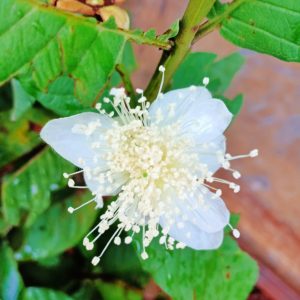
SK: Tapi saat ini, media-media di negara kita dan negara lain masih meromantisasi heteronormatif dan dorongan untuk punya anak. Ambil contoh iklan McDonalds terbaru dari Jepang ini. Netizen mengasumsikan McD memberi pesan untuk punya anak. Bagaimana menurut mbak Pudji terkait hal ini?
PT: Kayaknya tergantung konteks negara asalnya ya. Jepang kan lagi krisis keturunan, jadi iklan seperti ini layaknya agenda politik yang mendorong warganya untuk punya anak.
SK: Betul, tapi kenyataannya masyarakat Jepang banyak yang memilih childfree karena masalah kesetaraan gender yang sangat timpang dan perekonomian di sana sulit sekali, apalagi kalau punya anak. Romantisasi negara luar bahwa menikah dan punya anak di Jepang itu mudah juga sangat menyinggung bagi saya karena itu merendahkan perempuan di sana.
PT: Wah, berarti kita punya banyak teman ya di Jepang, hahaha. Menurut saya, masyarakat Jepang lebih terbuka dengan childfree, berbeda dengan Indonesia yang perempuannya itu rata-rata penurut karena paksaan dari masyarakat kita yang heteronormatif dan patriarkis. Malah tidak jarang saya melihat media kita meromantisasi pernikahan dan punya anak sebagai bentuk “ibadah” bagi perempuan, karena itu mereka menganggap itu hal wajib untuk perempuan.
SK: Terakhir, apa harapan mbak Pudji sebagai sosok childfree untuk teman-teman yang lain dan masyarakat umum?
PT: Harapan saya, bila seseorang memilih childfree, maka jadilah lebih bahagia atas pilihannya. Biarkan orang lain menghakimi kita, toh mereka tidak tahu hidup kita lebih baik dari kita sendiri. Bila kita merasa perlu menjelaskan, jelaskan dengan baik dan jangan luapkan emosi negatif. Lebih dari itu, bila orang yang kita jelaskan masih keras kepala, maka biarkan saja mereka.
Memilih childfree atau punya anak itu kan seperti argumen bubur itu diaduk atau tidak; yang terpenting kan kita bahagia atas pilihan hidup ini. Yang harus kita perhatikan adalah konsekuensi hidup yang kita tanggung atas pilihan hidup ini. Karena negara kita belum siap terhadap pemikiran childfree, maka kita harus siap atas risiko ini agar pikiran kita tidak terbebani setiap hari oleh konflik.
Tidak lupa pula, kita sebagai sosok childfree juga tidak boleh balik menghakimi orang-orang yang memilih untuk punya anak. Biarkan mereka memilih punya anak karena mungkin itulah keputusan hidup yang bisa membahagiakan mereka. Bila kita menghakimi dan merendahkan mereka, maka kita tidak ada bedanya dengan masyarakat agamis yang sering menentang kita.
*Penulis adalah seorang penerjemah dan penulis lepas dari tahun 2016, Lena mulai mendalami dunia jurnalistik pada tahun 2020 bersama The Jakarta Post. Selain menulis, ia juga terlibat dalam pelatihan keamanan sosial dan pergerakan aktivisme untuk komunitas LGBTQ.

